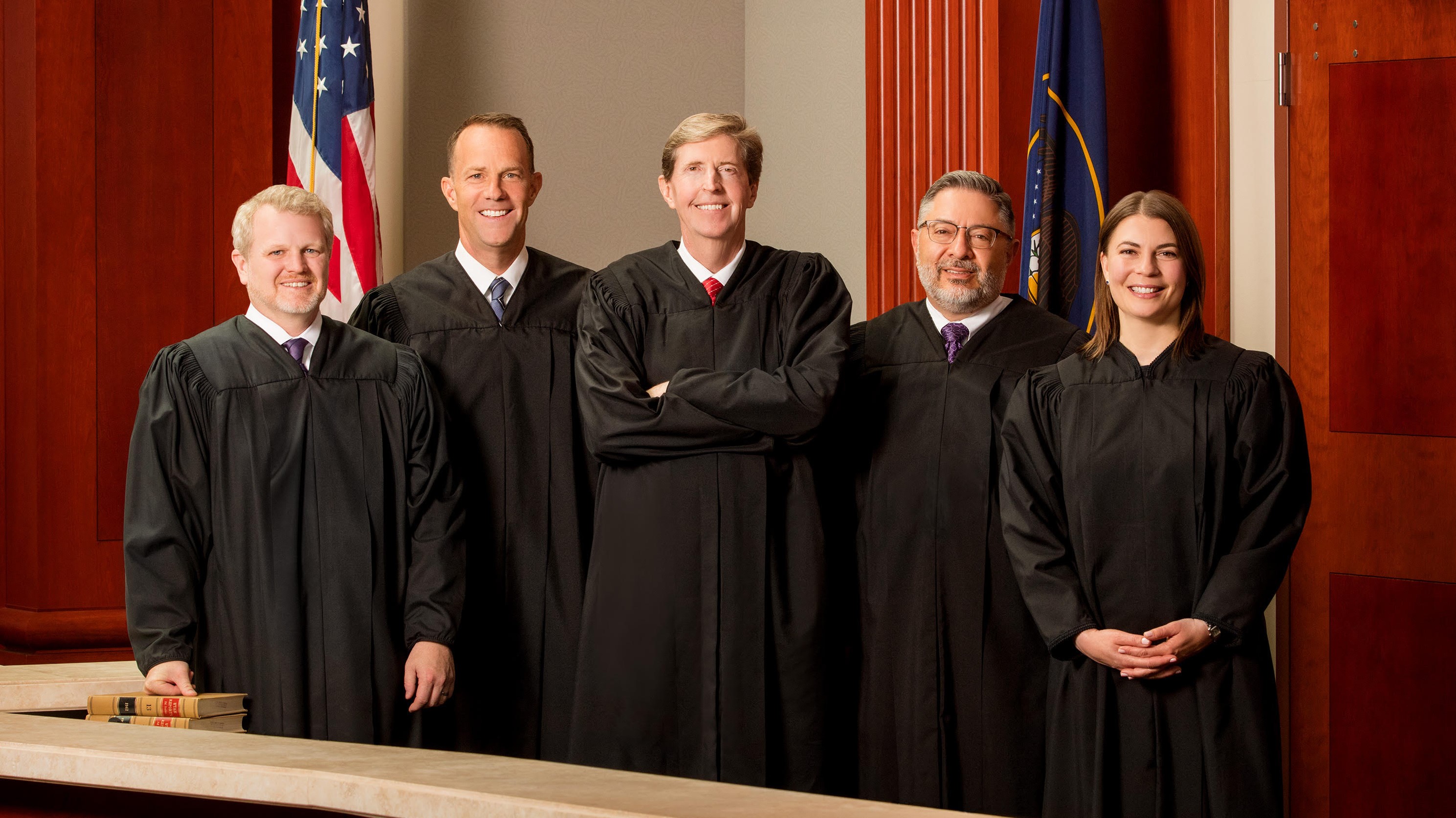The Utah Supreme Court voted unanimously yesterday to approve the recommendations of a work group that called for “profoundly reimagining the way legal services are regulated in order to harness the power of entrepreneurship, capital, and machine learning in the legal arena.”
In an email, Supreme Court Justice Deno Himonas, who cochaired the Utah Work Group on Regulatory Reform, said that the court voted unanimously to pursue the recommendations laid out in the work group’s report.
As reported here earlier this week, the work group’s report, Narrowing the Access-to-Justice Gap by Reimagining Regulation, proposed the creation in Utah of a new structure for the regulation of legal services that would provide for broad-based investment and participation in business entities that provide legal services, including non-lawyer investment in and ownership of these entities.
The report said that should be achieved in two ways:
- Substantially loosening regulatory restrictions on the corporate practice of law, lawyer advertising, solicitation, and fee arrangements, including referrals and fee sharing.
- Simultaneously establishing a new regulatory body, under the supervision of the Supreme Court, to advance and implement a risk-based, empirically-grounded regulatory process for legal service entities.
The court’s approval of the recommendations sets in motion phase one of the report’s recommendations, which includes the creation of an implementation task force that will establish the new regulatory body as a pilot program that will run for approximately two years. The regulator will work in tandem with the Utah State Bar — which will continue to have authority of lawyers and licensed paralegal practitioners (LPPs) — to regulate non-traditional legal services not currently allowed under Utah’s law practice and professional conduct rules.
Phase one also includes the creation of a regulatory sandbox overseen by the new regulator, which will allow a limited market of non-traditional legal entities to provide legal services in the state. “The goal,” the report explained, “is to allow the Court and aspiring innovators to develop new offerings that could benefit the public, validate them with the public, and understand how current regulations might need to be selectively or permanently relaxed to permit these and other innovations.”
The report specifically asked the Supreme Court, as part of phase one, to order three changes that would allow the pilot to operate:
- Create the regulator as an implementation task force of the court and delegate regulatory authority to set up and run the regulatory sandbox.
- Establish that providers approved to participate in the regulatory sandbox are not engaged in the unauthorized practice of law in Utah.
- Establish that lawyers will not be subject to discipline for entering into business with or otherwise providing services with providers in the sandbox.
The court has not issued a written order regarding its vote yesterday. Justice Himonas said that he expects the court to issue a press release this week providing further details.
 Robert Ambrogi Blog
Robert Ambrogi Blog